NEWS&BLOG
最新情報/部落格更新狀況
2025 Japan Working Holiday Guide|Jobs, Visa, and Where to Stay

Thinking about spending 2025 living and working in Japan? A working holiday is one of the best ways to explore the country beyond just temples and sushi. You get the freedom to work, travel, meet locals, and soak in everyday life—without blowing your savings in the first month.
The timing couldn’t be better. Japan’s borders are fully open, tourism is booming again, and local economies are welcoming international visitors with open arms—and job openings! Plus, regions like Kansai (think: Kyoto, Osaka) and Sendai (hello nature lovers!) offer authentic local vibes, wallet-friendly housing, and a slower pace of life compared to Tokyo.
So let’s walk through how to make your Japan working holiday not just possible—but awesome.
How to Apply for a Working Holiday Visa in Japan
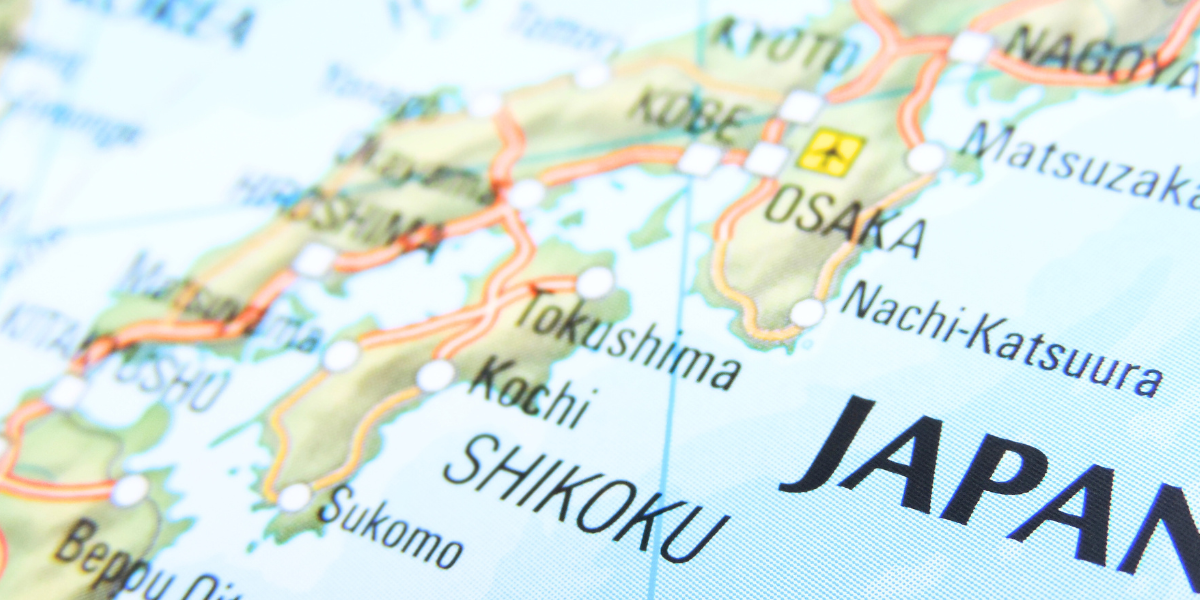
Before you can sip matcha in Kyoto or wander through neon-lit streets in Tokyo, there’s one important first step: getting your working holiday visa. This visa is what makes your year-long Japanese adventure possible—it gives you the freedom to live, travel, and work across the country.
We know, visa applications aren’t exactly the fun part. But don’t stress—we’re here to guide you through it. From checking if you’re eligible to preparing the right documents, here’s how to get your journey to Japan off to a smooth (and exciting) start.
Who is Eligible?
The Japan Working Holiday Visa is part of a bilateral agreement between Japan and over two dozen countries. The program is designed to help young travelers experience Japanese culture more deeply, while also picking up work to support their stay.
To be eligible, you generally need to meet the following criteria:
✔Age: Usually between 18 and 30 years old (some countries allow up to 35—check locally)
✔Nationality: You must hold a passport from a country that has a working holiday agreement with Japan
✔No dependents: You can’t bring children or a spouse unless they apply separately
✔Purpose: Your stay should primarily be for holiday and cultural exchange, with work being a secondary purpose
As of 2025, Japan has working holiday visa agreements with over 25 countries, including Australia, New Zealand, Canada, the UK, France, Germany, Ireland, South Korea, Taiwan, Hong Kong, Spain, Portugal, Sweden, and others.
➡Always confirm details on your local Japanese embassy’s website, as age limits and annual quotas can vary.
What Documents Do You Need?
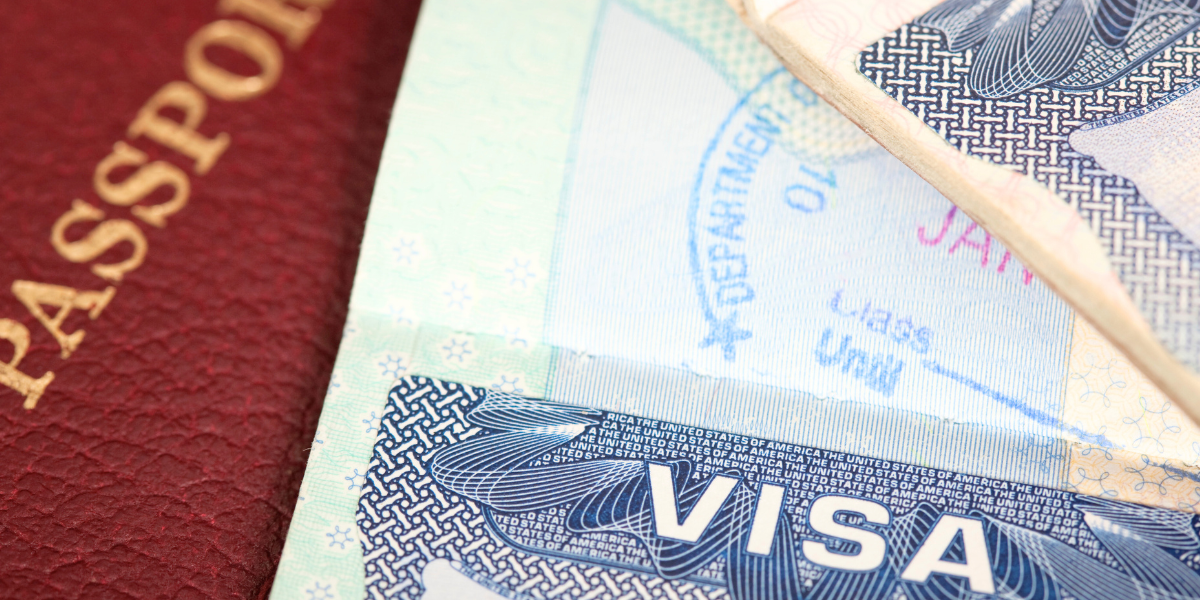
Applying is kind of like building a paper version of yourself. You’ll need to prove who you are, what your plans are, and that you’re not going to land in Japan broke or uninsured.
Here’s your basic working holiday visa packing list:
●Valid passport
Must be valid for the entire duration of your planned stay in Japan.
●Completed working holiday visa application form
Usually downloadable from your local Japanese embassy’s website.
●CV/resume and travel itinerary
You don’t need a perfectly scheduled plan, but embassies want to see that you’ve thought things through. Include where you’ll go, what kind of work you might look for, and any cultural goals (like learning Japanese or volunteering).
●Proof of sufficient funds
Typically, this means around ¥200,000–¥300,000 (roughly $1,300–$2,000 USD) in your bank account. You may also need to show a return ticket or funds to purchase one.
●Proof of travel or medical insurance
Japan’s not the place to test your luck without coverage. Get a policy that covers basic medical care for at least the first few months.
Some embassies may request additional items, like passport-sized photos or a motivation letter. Again—check your local embassy’s requirements to avoid surprises.
Where to Submit Your Application
All working holiday visa applications must be submitted in person to the Japanese embassy or consulate in your home country. You’ll usually need to book an appointment ahead of time, especially during busy seasons.
Here’s how to approach it:
1. Find your nearest embassy or consulate
Look it up online and see if they have specific instructions, downloadable forms, or appointment systems.
2. Prepare and double-check your documents
One missing paper can delay your whole plan—so check, recheck, and check again.
3. Submit and wait
Processing times vary by country, but it typically takes 1–3 weeks. Some embassies may call you for a short interview.
★Tips for early application
✔Apply 1–3 months before your intended departure—not too early, but definitely not last minute
✔Avoid peak seasons like May–August, when demand is high
✔Follow embassy social media or sign up for updates—they sometimes post when quotas are filling fast
Are you a Canadian between the ages of 18 to 30 looking to take the dream trip to Japan with a working holiday visa? Stepabroad is a Canadian organization recognized by the government to provide all kinds of support ranging from visa application, accommodation & job resources, phone plans, banking, and more! If moving overseas sounds overwhelming, look no further and contact Stepabroad with your questions!

Where to Find Work on a Working Holiday in Japan

Once you’ve got your visa, the next big question is—how do I actually find a job in Japan? Don’t worry, you’re not alone. Many working holiday travelers land in Japan without a job lined up and still find great opportunities within a few weeks.
The good news? There are plenty of jobs that don’t require fluent Japanese, especially in big cities or tourist areas. Whether you want to serve coffee, help at a hostel, or teach English part-time, there’s something out there for you.
Let’s look at the most common job types and how to start your search.
Popular Job Types for Working Holiday Makers
Here are some of the easiest and most popular jobs for working holiday travelers:
Hospitality jobs
Work in cafés, hostels, or hotels. Great for meeting people and improving your Japanese in real life.
English teaching assistant
Help out in schools or run casual conversation sessions. No teaching license needed for most part-time gigs.
Farm or seasonal work
Pick fruit, help on farms, or work at ski resorts. These jobs often provide free meals and accommodation.
Language exchange or private tutoring
Chat with locals who want to improve their English. Sometimes it’s paid, other times it’s just a great way to make friends.
Best Job Search Platforms and Tips
Finding jobs might take a bit of effort, but these platforms make it easier:
✔GaijinPot – One of the most popular job boards for foreigners in Japan
✔Jobs in Japan – Great for part-time or English-speaking jobs
✔Hello Work – Japan’s public job center (some offices have English-speaking staff)
✔Facebook groups – Try searching for “[City Name] Jobs” or “[City Name] Working Holiday”
Need Help Getting Started? Meet JAPOW WorHoli Agent:
Moving to Japan is exciting—but it can feel overwhelming too.
JAPOW WorHoli Agent supports working holiday makers and international students with English-language help for city hall paperwork, mobile plans, job matching, and more.
They offer face-to-face support in Tokyo and Yokohama, along with a free English guidebook to help you settle in with confidence.
Looking for practical support and job tips in your first weeks in Japan?
Click the image below to learn more about JAPOW.
Where to Live in Japan During Your Working Holiday
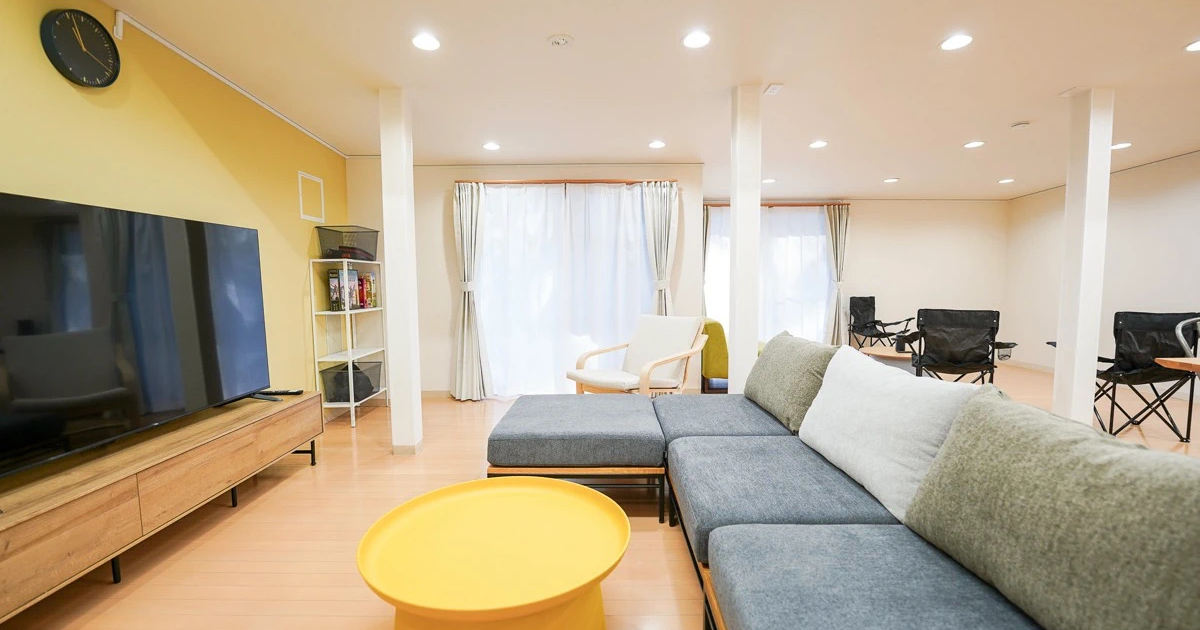
When most people think of living in Japan, their first thought is usually Tokyo—bright lights, busy trains, and endless convenience stores. But let’s be honest: Tokyo can be overwhelming, especially for first-timers. It’s fast, it’s crowded, and it’s not exactly the most budget-friendly place to start your working holiday.
The good news? Japan has so much more to offer beyond Tokyo. Cities like Kyoto, Osaka, and Sendai provide a more relaxed, affordable, and authentic way to experience daily life in Japan—all without sacrificing job opportunities or cultural depth.
And if you’re looking for a place that helps you truly connect with both locals and fellow travelers, BORDERLESS HOUSE share houses in Kansai and Sendai might just be the perfect home base for your journey.
Let’s take a closer look at your options.
Kansai – Culture, City Life & Convenience
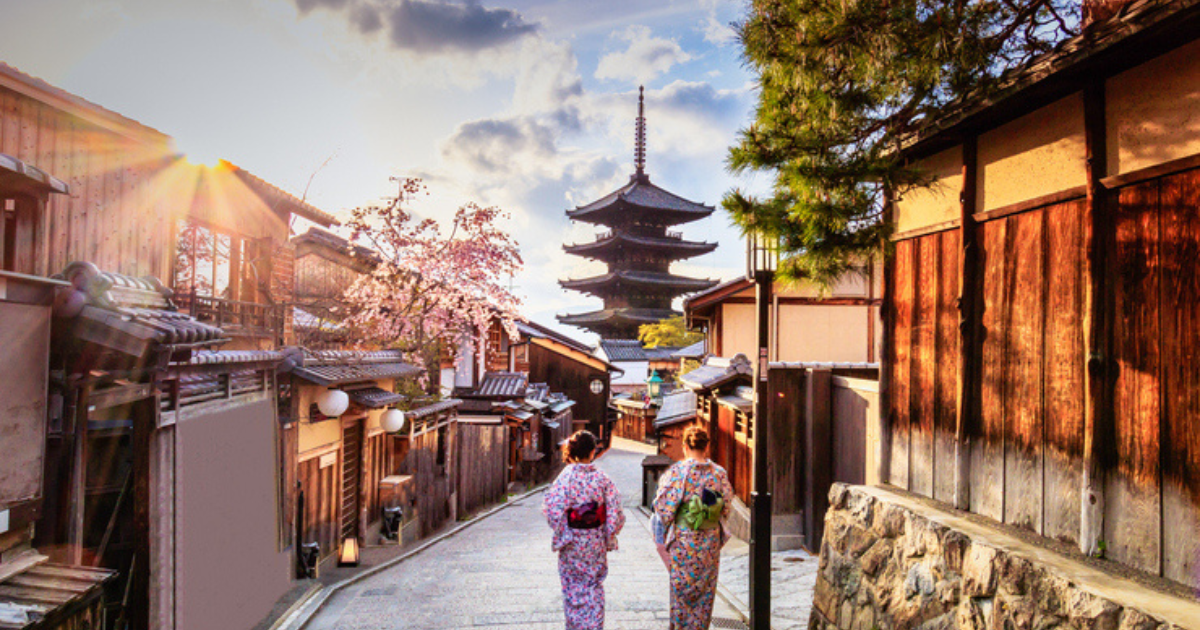
Welcome to the cultural heart of Japan. Kansai is home to Kyoto’s historic temples, Osaka’s street food scene, and everything in between. Whether you're looking for part-time jobs in busy cafés or weekend hikes in the mountains, Kansai offers the perfect mix of modern life and traditional charm.
Why Kansai works for working holiday travelers:
✔Lots of part-time jobs in tourism, retail, and hospitality
✔Easy access to other cities like Kobe and Nara via public transport
✔Rich history, festivals, and a welcoming atmosphere
BORDERLESS HOUSE Kansai is located in popular residential areas close to universities and city centers. You’ll live with a mix of Japanese locals and international residents, making language exchange and cultural learning part of your daily life—right at the dinner table.
Sendai – Nature, Calm Lifestyle & Affordability
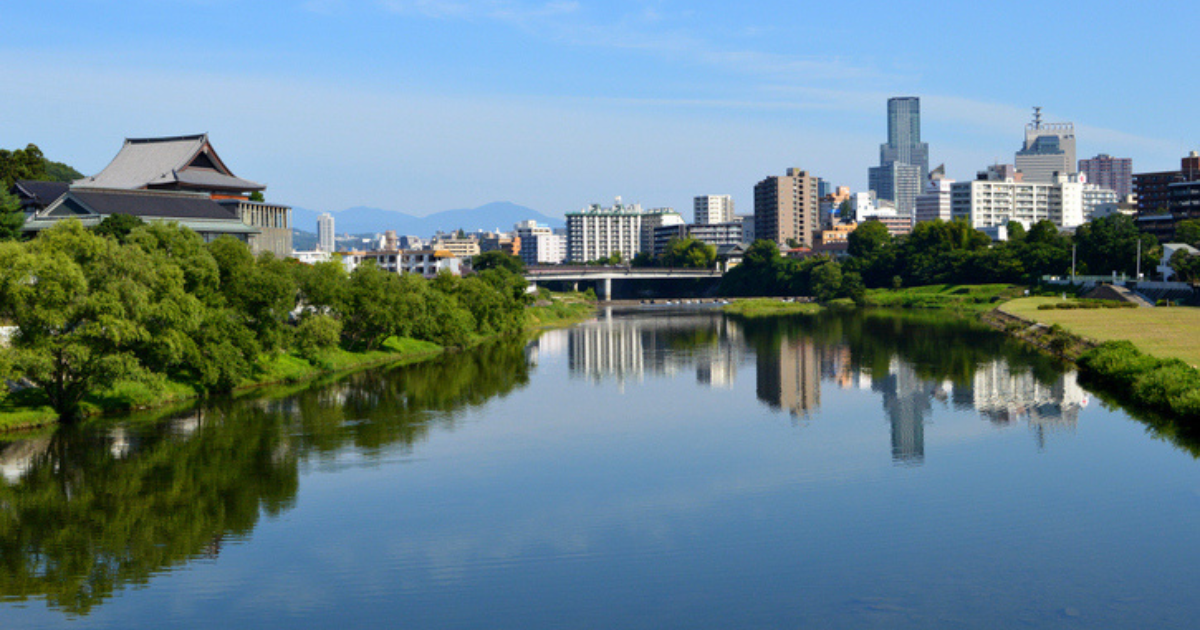
Prefer clean air, quiet mornings, and friendly neighborhoods? Sendai is a hidden gem in northeastern Japan. Known as the “City of Trees,” it offers beautiful seasons, hot springs nearby, and a much lower cost of living compared to Tokyo or Osaka.
Why Sendai is great for your working holiday:
✔A slower pace of life, ideal for students, creatives, or remote workers
✔Affordable rent and living expenses
✔A growing community of foreign residents and students from Tohoku University
BORDERLESS HOUSE Sendai is just minutes from the university and close to the city’s vibrant downtown. You’ll be part of a small, tight-knit international house, where people from all over the world come together to share meals, cultures, and weekend adventures.
Thinking about living in Sendai? Click HERE to discover what this amazing city has to offer.
Tips on Choosing Housing
When choosing where to stay during your working holiday, keep these things in mind:
Furnished vs. Unfurnished
Most apartments in Japan come unfurnished—meaning no bed, fridge, or even curtains. Choosing a furnished option (like Borderless House) saves you time, money, and trips to the hardware store.
Short-term Friendly Contracts
Some landlords require long-term leases or guarantors, which can be tricky. Share houses usually offer flexible, short-term contracts with lower upfront costs.
Living with Locals vs. Other Foreigners
Living with other foreigners is fun—but living with Japanese people helps you learn the language and culture naturally, without textbooks. It’s also the fastest way to make real local friends.
With Borderless House, you don’t have to choose—we give you both. Locals and internationals living together, learning from each other, and building friendships that last long after your trip ends!











